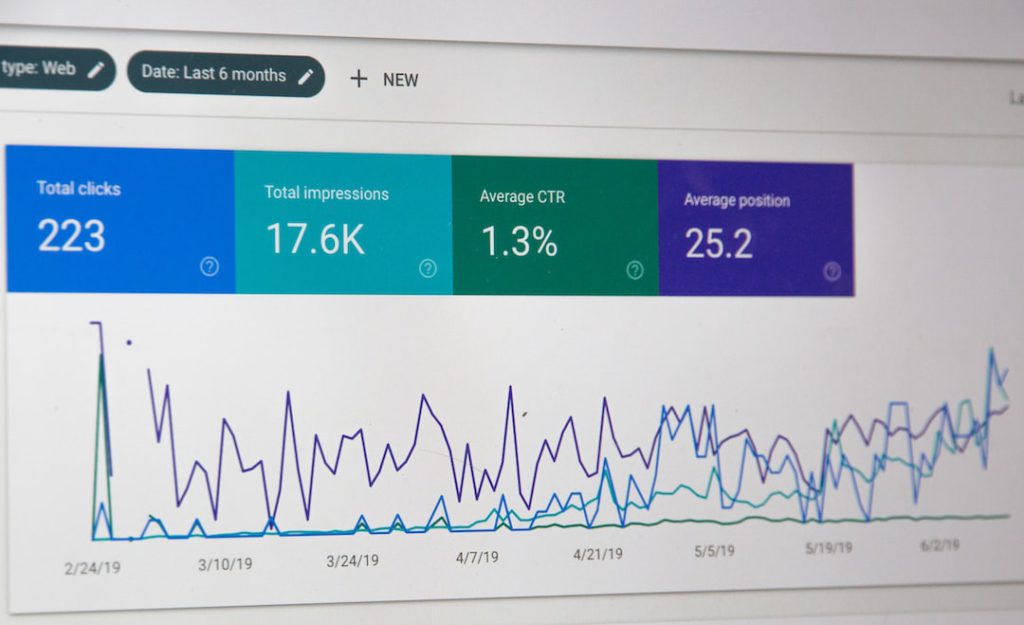
You need the ideal blog topics for content marketing to boost the SEO of your website. But are you having problems identifying the queries that your intended audience is posing? Are you astonished that your blog posts aren’t drawing in more readers who can become paying customers?
Don’t worry. Because now, you can use a blog ideas generator to come up with the most SEO-friendly blog topic ideas. Read on to find out how.
1. Medium and Long-Tail Keywords
You will draw potential customers when you concentrate on blog topic generation that addresses particular queries. This is when medium and long-tail keywords come into play since they respond to queries from customers who are at a particular phase of the buyer’s journey, increasing click-through rates and conversions.
Here, you are essentially pre-screening your audience. Even if you wind up with fewer site visitors, those who click through to your site will have a higher chance of becoming customers. Instead of attracting more people who leave the site right away, it is preferable to target individuals who are actively looking for your goods or services and who will buy them.
2. Google Analytics

Analyzing the data from your email marketing is another technique to find out what problems customers are trying to solve. Did you promote a particular good or service with a high open rate?
This could mean that your readers would be interested in reading a blog article with further details on the subject. Do you offer free downloads or resources that your target market still uses? Think about a blog topic idea or make a video to explain how to utilize the resource in further detail.
3. Social Listening
Given the number of conversations taking place there, social media can be difficult to navigate if you don’t know what you are looking for. However, social listening has become a technique you may use to find intriguing blog topic ideas if you can locate their online presence.
Join forums and like pages and hashtags linked to the products and services you offer. There are many blog topic ideas here because people will constantly be having new and old discussions. This way, you will be able to learn about what your readership is talking about and their pain areas.

4. Research
Google can provide you with all the information you need regarding the search terms used by potential clients.
- Enter your keywords in Google Trends to check whether it has a high volume across time so you can develop evergreen content. Investigate current trends to choose a trendy subject.
- Google Suggest: Enter your search terms to see what Google recommends.
- Below the SERP is a section called ‘”Google People Also Ask’, which provides ideas for related queries.
- Related Searches on Google: Find related content ideas by scrolling to the bottom of the search engine results (SERP) page.

5. Content Gap Analysis
High-value content deviates from the norm and puts substance before form. This is especially evident in blog entries that fill in some kind of content gap. It is possible that,
- Nobody, not even you, has posted anything on the subject so far.
- There is a tonne of material available on the issue, but it is often inaccurate or outdated.
- It is simple to find blog entries on a subject, yet they frequently omit key details.
A gap in the content need not necessarily be about the what. It might also have to do with how. For example, how-to blogs have a variety of specialties, such as form-filling. This is because, despite the wealth of knowledge available, people still want confirmation that their work is accurate.
Start by scanning the existing content for flaws to identify content gaps. That includes the blog entries you write, those of your rivals, and those from other potential sources. Use the following sample questions to aid with gap identification –
- What topics haven’t I or my rivals yet covered?
- Is there anything fresh or useful I can say on this subject?
- What other ways can I improve this for my audience?
- Keyword Tools As a Blog Ideas Generator
Here are a few keyword research tools you may use to find blog topic ideas that online users are searching for to get you started:
- Ahrefs: Ths is an online keyword generator that can also act as a blog topic generator. It enables you to discover pertinent keywords using their database of more than 8 billion search queries. You can select from one of six keyword idea reports and enter up to ten words or phrases. The ability to compare the relevance of searches from Google, Bing, Amazon, and seven more search engines is even more helpful.
- Semrush: This is an additional tool that aids in discovering keywords using search terms and inquiries.
- AnswerThePublic: This tool produces a visual representation of the queries people are posing about a subject. The good news is that there are numerous topic clusters here where you will find some well-liked blog topic ideas that interest you.
- Google Keywords Planner: If you already have an AdWords account, you can use Google Keyword Planner to uncover keywords as well as their statistics and popularity in the region of your choice.
- Quora: When you type a phrase or word into the search bar on Quora, a list with questions from other users about that topic is generated. By selecting by Type and choosing Questions or Topics, you can even delve deeper. You can see how frequently a topic has been asked about when you search by Topics.
SEO blog optimization does not have to be difficult. A comprehensive content marketing plan that produces results must know where to go for blog topic ideas that boost SEO.
The keywords mentioned above and blog topic ideation tools will remove the guesswork from blog subject creation.
FAQs
The best blog topic ideas are based on research, content gap analysis, and Google trends.
You must conduct your research and write your blog posts with SEO in mind to have the highest chance of ranking.
The two objectives must always be combined – that clear writing attracts more people and retains them on your website.
Use your main keyphrase in the headline of your blog post to improve its SEO performance.
Latest Blogs
Explore how Google’s 2025 AI search updates triggered ranking chaos. Learn actionable strategies to adapt your SEO for AI Overviews, zero-click searches, and SERP volatility. Stay ahead now.
Learn how to rank on AI search engines like ChatGPT, Perplexity, and Gemini by optimizing your content for authority, structure, and relevance. Stay ahead in AI-driven search with this strategic guide.
Explore the best healthcare SEO services for your medical practice. Improve online visibility and effectively reach more patients in need of your services.
Get your hands on the latest news!
Similar Posts

Content Analytics
8 mins read
Google I/O 2025: AI Search Shake-Up & Ranking Volatility

SEO
5 mins read
Top 10 Agencies for Banking and Financial SEO Services Industry

SEO
4 mins read